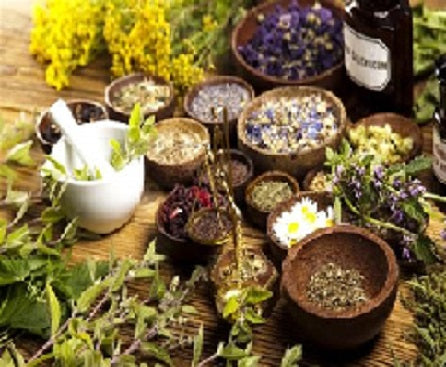
Natural Remedies for Depression What Works and What Doesn’t
As the prevalence of depression continues to rise globally, many individuals are turning to natural remedies in hopes of finding relief. With a plethora of over-the-counter options available, it can be challenging to discern which remedies are effective and safe. Recent research evaluating 64 natural products has shed light on the efficacy of various treatments, providing valuable insights into managing depression through non-pharmaceutical means. This article explores the findings and their implications for health, wellness, and holistic approaches to mental health.
Understanding Depression and Its Impact
Depression is a common mental health disorder that affects millions of people worldwide. Symptoms can range from mild to severe, impacting daily functioning and quality of life. Traditional treatments often include psychotherapy and antidepressant medications, but these options may not work for everyone. As a result, many individuals seek alternative therapies, including herbal supplements and dietary changes.
The Rise of Natural Remedies
Natural remedies have gained popularity due to their perceived safety and accessibility. Many people are drawn to options like St. John’s Wort, omega-3 fatty acids, and various herbal supplements, believing they can provide relief without the side effects associated with prescription medications.
Key Findings from Recent Research
A comprehensive review of clinical trials assessing 64 natural remedies for depression revealed varying levels of efficacy among different products. Here are some highlights:
1. Substantive Evidence
- St. John’s Wort: This well-known herb has shown promising results in multiple trials, demonstrating effectiveness comparable to conventional antidepressants.
- Saffron: Emerging as a powerful alternative, saffron has been linked to improvements in mood and reductions in depressive symptoms.
- Probiotics: Increasing evidence supports the role of gut health in mental well-being, with certain probiotics showing potential benefits for mood stabilization.
2. Emerging Evidence
Several products exhibited potential but require further study:
- Folic Acid: Early findings suggest it may help alleviate depressive symptoms, but more robust research is needed.
- Lavender: Known for its calming properties, lavender shows promise in reducing anxiety and improving mood.
- Lemon Balm and Zinc: Both have demonstrated some potential for mood enhancement, warranting further investigation.
3. Limited or Mixed Evidence
Some commonly used remedies showed inconsistent results:
- Magnesium: While important for overall health, its effects on depression are still inconclusive.
- Melatonin and Curcumin: These have gained popularity for their health benefits but demonstrated mixed results in clinical trials regarding depression.
Safety and Considerations
The good news is that most of the natural remedies studied did not reveal significant safety concerns. However, researchers emphasize the importance of consulting a healthcare professional before starting any new supplement, especially if combined with existing medications. Safety reporting in clinical trials must also improve for better understanding of potential interactions and side effects.
The Role of Lifestyle Modifications
In addition to herbal remedies, lifestyle changes can significantly impact mental health. Incorporating regular exercise, a balanced diet, mindfulness practices, and social support can enhance the effectiveness of any treatment plan.
1. Exercise
Physical activity is known to boost endorphins, improve mood, and reduce symptoms of depression. Engaging in regular exercise can be a powerful complement to any natural remedy.
2. Nutrition
A well-balanced diet rich in omega-3 fatty acids, fruits, vegetables, and whole grains can support brain health. Foods high in antioxidants may also help reduce inflammation, which is linked to mood disorders.
3. Mindfulness and Stress Management
Practices such as yoga, meditation, and deep-breathing exercises can help manage stress and enhance emotional well-being. These techniques focus on fostering a positive mindset and emotional regulation.
Conclusion
The exploration of natural remedies for depression offers hope for those seeking alternatives to conventional treatments. While some products, like St. John’s Wort and saffron, show substantial evidence of effectiveness, others require more rigorous study to establish their benefits. It is crucial to approach natural remedies with caution, integrating them into a broader treatment plan that includes lifestyle changes and professional guidance.
By staying informed and working closely with healthcare professionals, individuals can navigate the world of natural remedies and find effective strategies for managing depression and enhancing overall well-being.
Sources:
1. National Institute of Mental Health - Depression Link
2. American Psychological Association - Natural Remedies for Depression Link
3. Harvard Health Publishing - The Benefits of Exercise for Mental Health Link